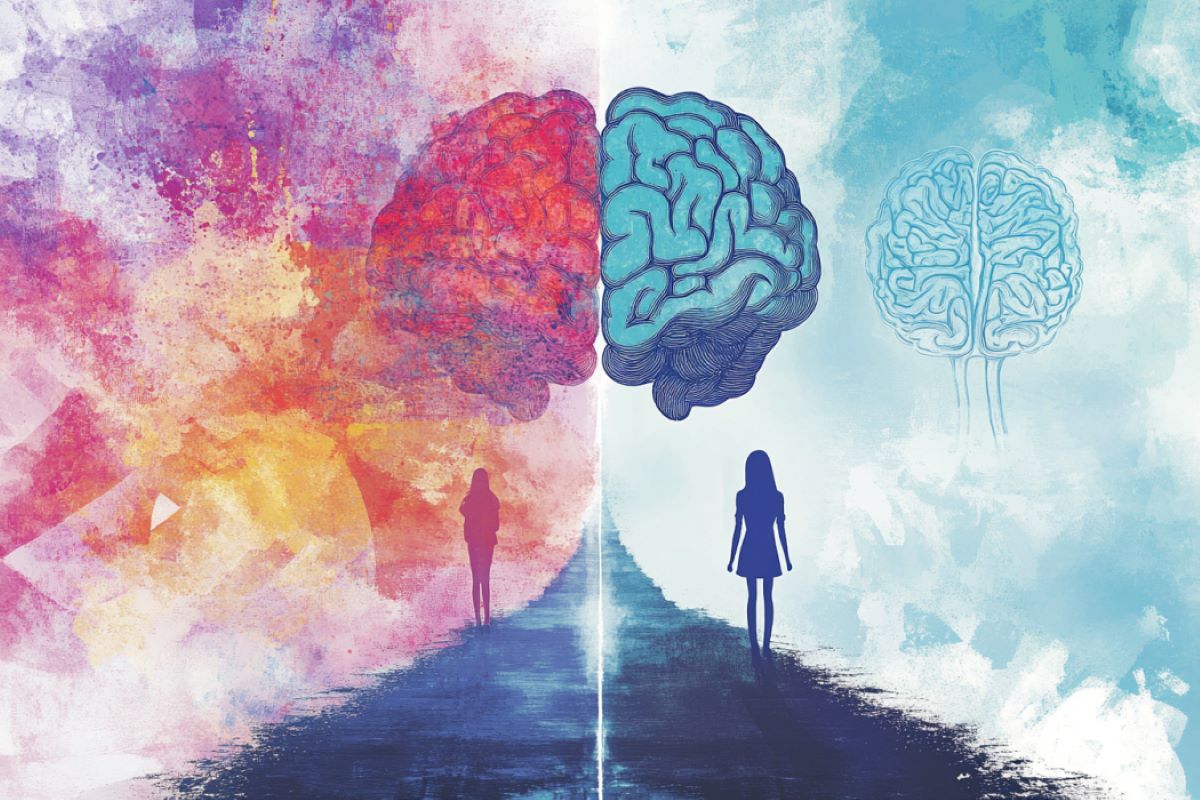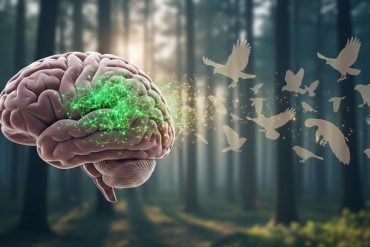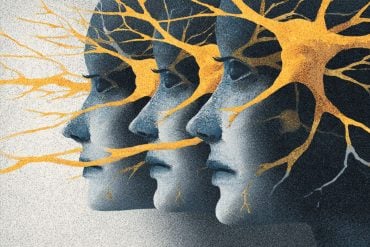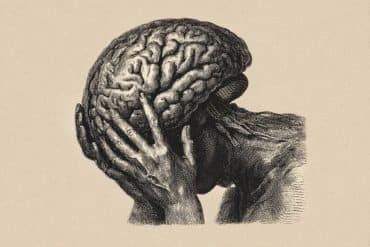Summary: Adolescents are known for making less optimal, noisy decisions, but a recent study reveals that these tendencies decrease with age and are linked to improvements in complex decision-making skills. Researchers found that decision noise, or variability in choices, mediates age-related gains in goal-directed behaviors and adaptability.
Adolescents may rely on less efficient strategies due to limited cognitive resources, which makes them more susceptible to emotional and motivational influences. These findings shed light on the computational mechanisms behind developmental shifts in decision-making and open avenues for understanding neurodevelopmental disorders.
Key Facts:
- Adolescents show higher decision noise, making suboptimal choices.
- Decreased decision noise in adults is linked to improved planning and adaptability.
- Developmental changes in brain areas influence cognitive control and decision strategies.
Source: PLOS
Adults exhibit a general tendency to make better decisions than adolescents, and this improvement drives an increase in specific and more sophisticated choice behaviors, according to a study published November 14th in the open-access journal PLOS Biology by Vanessa Scholz and Lorenz Deserno from the University of Würzburg, Germany, and colleagues.
Learning and decision-making change considerably from adolescence into adulthood. Adolescents undergo developmental changes in specific choice behaviors, such as goal-directed behaviors and motivational influences over choice. They also consistently show high levels of decision noise, i.e., choosing suboptimal options.

However, it remains unknown whether these observations – the development of specific and more sophisticated choice processes and higher decision noise – are independent or related. It is possible that the development of specific choice processes might be impacted by age-dependent changes in decision noise.
To test this idea, Scholz, Deserno, and colleagues analyzed data from 93 participants between 12 and 42 years of age.
The participants completed three reinforcement learning tasks: a task assessing motivational influences over choices, a learning task capturing adaptive decision-making in response to environmental changes, and a task measuring goal-directed behavior.
The results revealed that noise levels were strongly correlated across reinforcement learning tasks. Critically, noise levels mediated age-dependent increases in more sophisticated choice behaviors and performance gains. The findings suggest that unspecific noise mediates the development of highly specific functions or strategies.
One reason for these mediation effects could be a limited availability of cognitive resources in adolescents due to the ongoing development of brain areas related to cognitive control.
Having fewer cognitive resources might make adolescents more prone to rely on computationally cheaper decision strategies, rendering them more susceptible to emotional, motivational and social influences.
Overall, the study provides novel insights into the computational processes underlying developmental changes in decision-making.
According to the authors, future work may unravel the neural basis as well as the developmental and clinical real-life relevance of decision noise for neurodevelopmental disorders.
The authors add, “Teenagers make less optimal, so-called ‘noisy’ decisions. While these noisy decisions decrease when growing older, this decrease is also linked to the development of improved complex decision-making skills, such as planning and flexibility.”
About this neurodevelopment and decision-making research news
Author: Claire Turner
Source: PLOS
Contact: Claire Turner – PLOS
Image: The image is credited to Neuroscience News
Original Research: Open access.
“Decrease in decision noise from adolescence into adulthood mediates an increase in more sophisticated choice behaviors and performance gain” by Vanessa Scholz et al. PLOS Biology
Abstract
Decrease in decision noise from adolescence into adulthood mediates an increase in more sophisticated choice behaviors and performance gain
Learning and decision-making undergo substantial developmental changes, with adolescence being a particular vulnerable window of opportunity. In adolescents, developmental changes in specific choice behaviors have been observed (e.g., goal-directed behavior, motivational influences over choice).
Elevated levels of decision noise, i.e., choosing suboptimal options, were reported consistently in adolescents.
However, it remains unknown whether these observations, the development of specific and more sophisticated choice processes and higher decision noise, are independent or related. It is conceivable, but has not yet been investigated, that the development of specific choice processes might be impacted by age-dependent changes in decision noise.
To answer this, we examined 93 participants (12 to 42 years) who completed 3 reinforcement learning (RL) tasks: a motivational Go/NoGo task assessing motivational influences over choices, a reversal learning task capturing adaptive decision-making in response to environmental changes, and a sequential choice task measuring goal-directed behavior.
This allowed testing of (1) cross-task generalization of computational parameters focusing on decision noise; and (2) assessment of mediation effects of noise on specific choice behaviors.
Firstly, we found only noise levels to be strongly correlated across RL tasks. Second, and critically, noise levels mediated age-dependent increases in more sophisticated choice behaviors and performance gain.
Our findings provide novel insights into the computational processes underlying developmental changes in decision-making: namely a vital role of seemingly unspecific changes in noise in the specific development of more complex choice components.
Studying the neurocomputational mechanisms of how varying levels of noise impact distinct aspects of learning and decision processes may also be key to better understand the developmental onset of psychiatric diseases.







